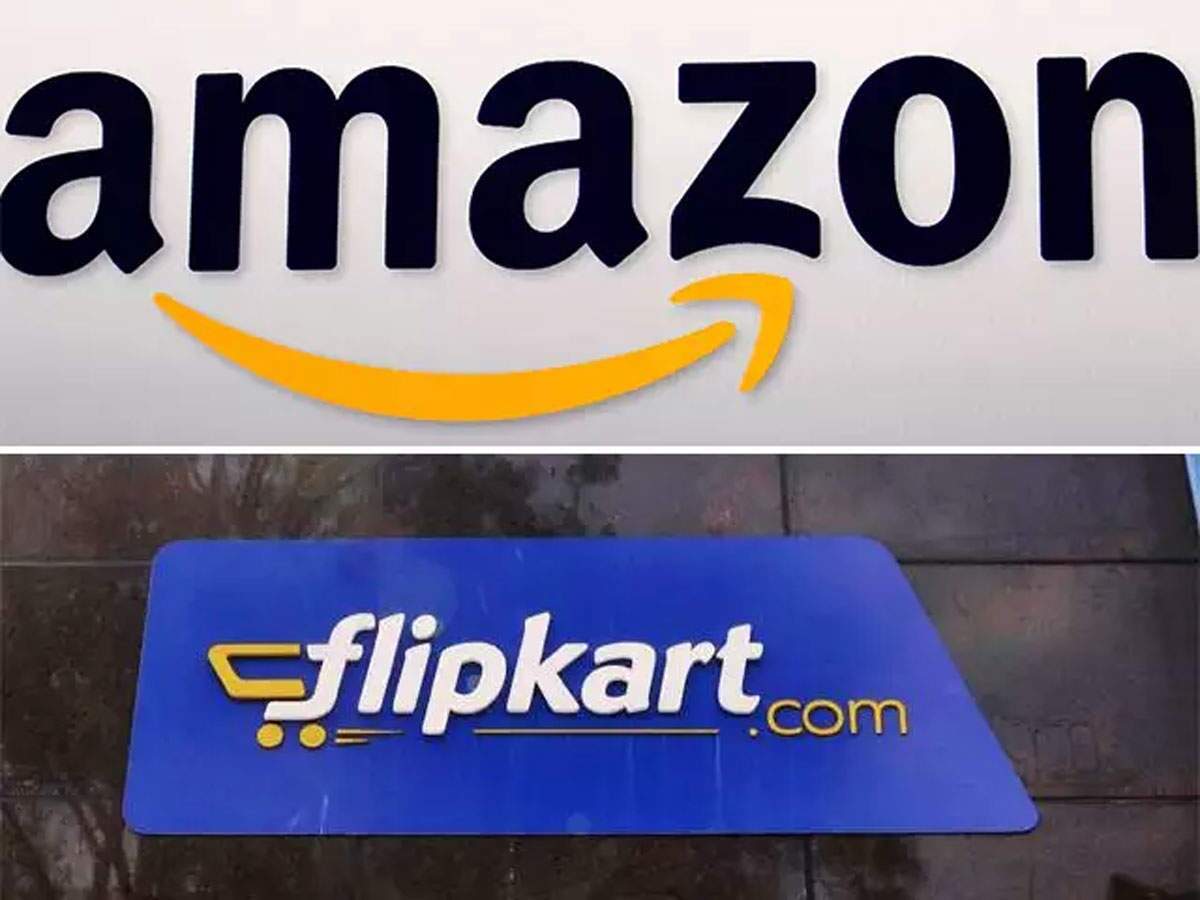 New Delhi : E-commerce giants Amazon and Flipkart need to fulfil their extended producer responsibility under the Plastic Waste Management Rules, 2016 and need to establish a system for collecting back the plastic waste generated due to the packaging of their products, the Central Pollution Control Board told the NGT on Tuesday. The apex pollution monitoring body told the National Green Tribunal that as per provisions 9(2) of the Plastic Waste Management Rules, 2016, "Primary responsibility for collection of used multi-layered plastic sachet or pouches or packaging is of Producers, Importers and Brand Owners who introduce the products in the market.
New Delhi : E-commerce giants Amazon and Flipkart need to fulfil their extended producer responsibility under the Plastic Waste Management Rules, 2016 and need to establish a system for collecting back the plastic waste generated due to the packaging of their products, the Central Pollution Control Board told the NGT on Tuesday. The apex pollution monitoring body told the National Green Tribunal that as per provisions 9(2) of the Plastic Waste Management Rules, 2016, "Primary responsibility for collection of used multi-layered plastic sachet or pouches or packaging is of Producers, Importers and Brand Owners who introduce the products in the market."Amazon Retail India Private Limited and Flipkart Private limited are involved in packaging and selling of other companies' products and thus introducing plastic packaging in the market. They need to fulfil their extended producer responsibility under PWM Rules and should obtain registration as brand owner after submitting proper documents," CPCB said.
The submission came in response to a plea filed by a 16-year-old boy who has approached the tribunal to stop e-commerce giants Amazon and Flipkart from excessive plastic use in their packaging.
Aditya Dubey, through his legal guardian, has pleaded the NGT to direct Amazon and Flipkart to stop excessive use of plastic in packaging the goods delivered by the firms.
"The e-commerce companies are covered under the Plastic Waste Management Rules, 2016. But due to a lack of monitoring and implementation, the respondents continue to use excessive amounts of plastic in wrapping and packaging their sold items," said the plea, filed through advocate Divya Prakash Pande.
Dubey's plea had contended that the companies deliver items in cardboard boxes, which are too large when compared to the size of the items being delivered.
"To ensure that the sold items do not move around in the outsized boxes, they wrap the items in multiple layers of plastic sheets and plastic bubble wraps and thereafter fill the large empty spaces in the boxes with additional sheets of single-use plastic," it had said.
A bench headed by NGT Chairperson Justice Adarsh Kumar Goel had posted the matter for hearing on January 3, 2020.
The plea has also said that though the home-delivery service of e-commerce companies have been very useful for consumers, they have given rise to serious environmental challenges due to excessive use of plastics in packaging.
Once goods are delivered, the plastic waste is thrown away in garbage and it ends up at landfill sites, leading to a burden on the earth and damaging the environment, it said.
"Single-use plastic has emerged as one of the biggest environmental challenges for our planet. It is cheap, useful, ubiquitous and very deadly. The fact that it's non-biodegradable and is recycled in very small percentages means that our plant is with passage of time is becoming a big dumping ground for single use plastic. Single-use plastic breaks down into smaller fragments known as microplastics and then contaminates soil and water," the petition had said.
Dubey said the two companies have not made any arrangements for either taking back the plastic material or ensuring that it is recycled.
"Plastic packaging constitutes 43 per cent of the total plastic waste generated in India and it is imperative that a direction be issued to the respondents that they should stop using plastic packaging materials and shift to environment friendly packaging option, the plea had said.
No comments:
Post a Comment